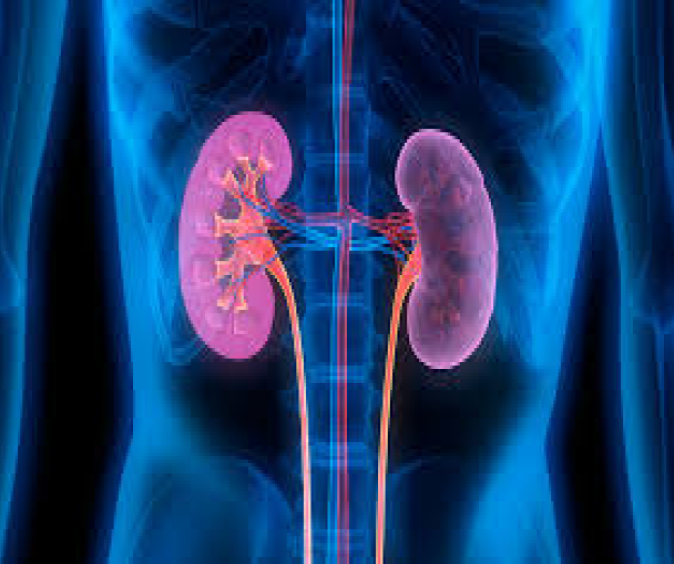
Medicine and Kidney Disease
Our Pricing Plan
Meet Our Doctors

Prof. Dr. Md. Zahangir Kabir
MBBS,FCPS (Medicine), FCW (Kidney-UK.)Medicine and Kidney Disease
Make an Appointment

Medicine and Kidney Disease
Make an Appointment